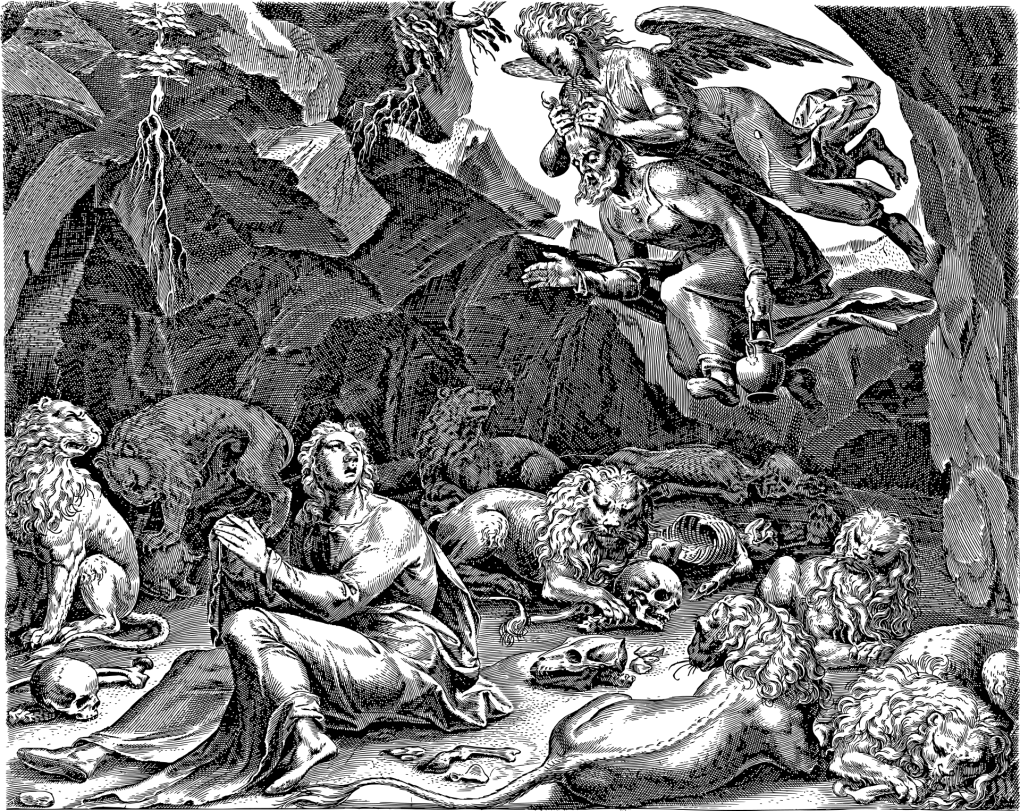by Richard Lau

“Strive not to be a success, but rather of value.”
Albert Einstein
#
Dear Astrid,
I hope you and your family are well.
I have been thinking a lot about mortality lately. Please don’t be alarmed. I am in good health and so is Elise.
My thoughts are grim only due to a recent visit with an old acquaintance. I fear that will be the last time I see him alive, for good friend Hermann is so ill, he is probably on his deathbed.
Like most people in his situation, he has concerns about his affairs after his death. And while I was not a medical man with a miraculous cure, I thought I could provide the comforting presence of an old friend and an attentive, empathetic ear.
He is most worried about his son, Albert. The only thing the boy seems to have achieved so far in his life is being a school drop-out and a draft-dodger. I’m sure there were extenuating circumstances (there always are such circumstances), but Hermann’s recent business dealings have not been favorable, and I doubt he will leave his son much of an inheritance.
At least the boy has gotten employment at a patent office. I’m not sure how long he’ll be able to hold the job, though. There doesn’t seem to be much work, and he spends most of his time daydreaming.
Hermann says his son is solving problems inside of his head. He and I both wish the boy would spend more time solving the problems outside of his head, like training for a real career, something with a good income for when he starts a family of his own.
Ironically, the boy says that’s exactly what he is doing, solving problems that exist outside of his head, by using his imagination to model the characteristics and behaviors of light and gravitation through gedankenexperiments.
Bah! ‘Thought experiments’ are just another way of saying useless and wasteful ‘daydreaming,’ if you ask me!
As for starting a family, the boy has already done so, as illegitimate and messy as his other misadventures. If only he had kept that experiment just in his thoughts!
But I digress. The boy does seem to have some potential. He seems proficient in maths and sciences but displays an almost rebellious lack of interest in other subjects. On many an occasion, his social skills have been found wanting.
I soon received the impression that my discussion with my friend was doing more harm than good, resulting in aggravation rather than peace.
I left Hermann to rest and recover what strength he had left and hopefully the dark clouds circling his head, threatening one final thunderstorm, would dissipate with my departure.
I left my friend’s home feeling helpless and deeply dissatisfied.
Eventually, though I have no recollection of consciously doing so, I found myself stopping by the patent office where Hermann’s son worked.
He was glad to see me. I tried to relay to him the troubles burdening his father’s remaining time here on Earth, but the young man seemed more intent on showing me the doodles in his notebook. I don’t remember much of them. Mostly crude boxes representing rising and falling elevators. Perhaps he fancied himself on becoming a hotel elevator operator someday? Where was the ambition in that?
I paid no attention to his mumblings, my head filled with the thoughts of my dying friend and how disappointed he must be in his son. I left the patent office, feeling no happier, hopeful, or fulfilled than when I had left my friend’s gloomy residence.
A week or so later, I was invited to attend a private meeting of a local philosophers’ club.
While the food was delectable and the drinks exemplary, I must admit that much of what they discussed went over my head. I tried to participate the best I could by relaying some of young Albert’s ideas, but I am positive that I didn’t explain them properly or sufficiently. My efforts were received with one-word noncommittal responses and patient ambiguous nods.
However, there was one concept that I not only understood but was also greatly intrigued by.
What if there were many other worlds very similar to our own but created as a branch each time a decision is made? As a decision is followed in our world, the opposite decision is made in an alternate world resulting in vastly different outcomes.
For Albert’s sake, I hope this theory is true. Perhaps, in another world, the boy will be a success.
With much love,
Your brother, Hans
#
While elsewhere, another letter is sent and received.
Dear Astrid,
I hope this letter finds you well.
Elise and I are in good health.
Alas, the same cannot be said for my good friend Hermann. I’m certain that I have mentioned him to you before.
He is very ill, and I am pretty certain he is resting on his deathbed. And this after a very long life of business troubles and hardship.
One of his few bright spots and sources of pride is his son Albert. The young man continues to fill his father’s heart with joy, even under these grim circumstances.
He is teaching at a university, and, while not a genius himself, I am certain that he is instructing the great thinkers of the next generation.
I stopped by to visit the young man. He is happy with his career but saddened he cannot spend more time with his ailing father. The burden of being a professor (grading papers, meeting with students, adjusting to ever-evolving curriculums, and keeping up in the various scientific fields) are consuming much of his time. Furthermore, he has married and is starting a young family of his own.
“I don’t even have time to daydream anymore,” he lamented to me. “My head is filled with obligations and divining ways to meet them in a day that only contains twenty-four hours.”
Though I am saddened by the near, eventual departure of my friend Hermann, Albert and his success fill me with a tremendous hope for the future.
With much love,
Your brother, Hans
~
Bio:
Richard Lau is an award-winning writer who is published in magazines, newspapers, and anthologies, as well as in the high-tech industry and online.
Philosophy Note:
A “problem child” is typically a youngster who is undisciplined and has trouble fitting into society. However, in my story, I invert the concept, and the familiar “problem child” solves problems using his imagination. But what is the definition of success? And could a traditional view of success had held back something even greater?
















































